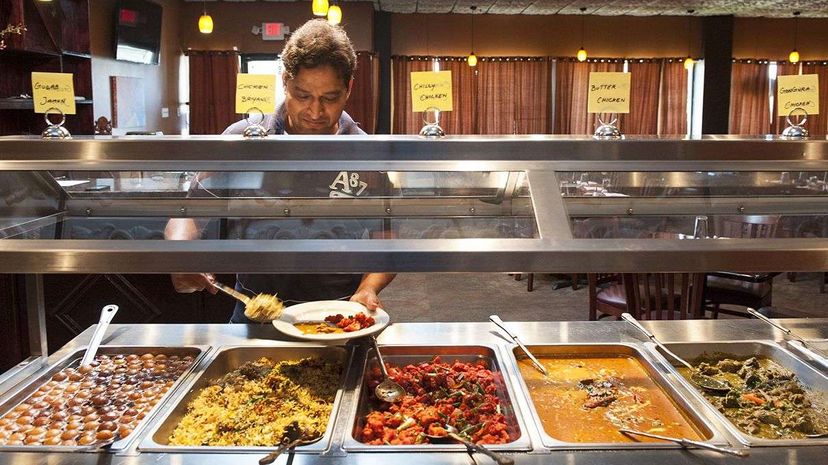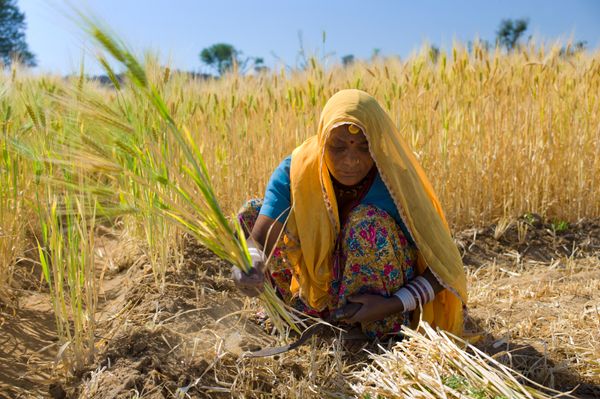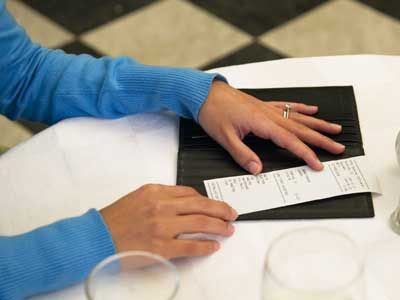
Remember what happened when you didn't finish your dinner as a kid? That's right, Ma and Pa used to make you sit at the table until everyone else was done with their meals. Even if the only thing left on your plate were some of those nasty, still-chilled peas or a heaping helping of glistening canned beets.
The truth is that folks waste a whole lot of food every day, especially when they go out to eat. About one third of the food produced around the world each year never makes it into anyone's belly, according to the United Nations. The 1.3 billion tons of grub that goes to waste is food that could go toward feeding the poor. It also represents hundreds of billions of dollars in growing, shipping, preparation and storage costs that could be spent elsewhere. This episode of our Stuff Mom Never Told You podcast sheds some light on the issue:
Advertisement
Some restaurants are taking a new tack on fighting food waste — by channeling your parents at chow time. Instead of forcing diners to stay at the table until they clear their plates, restauranteurs are simply charging guests a little extra for anything they don't finish.
At a buffet in Losone, Switzerland, for instance, diners who don't finish what they take face a food waste charge of five francs (about $5) for anything left on their plates. That's nearly half the cost of a taste of the lunchtime spread. Similarly, a Chinese buffet in London tacks on a 32-cent wastage fee for customers whose eyes are bigger than their stomachs.
The question, of course, is whether extra fees actually make a difference. Washington, D.C. started charging shoppers in the nation's capital an extra five cents for plastic bags in 2009. The move was intended in part to lighten the environmental load by incentivizing people to switch to reusable bags. But at least one reporter has found that the data on whether that's having the intended impact is still a little murky.
Maybe people are just using extra bags to carry all that uneaten food.
Advertisement

